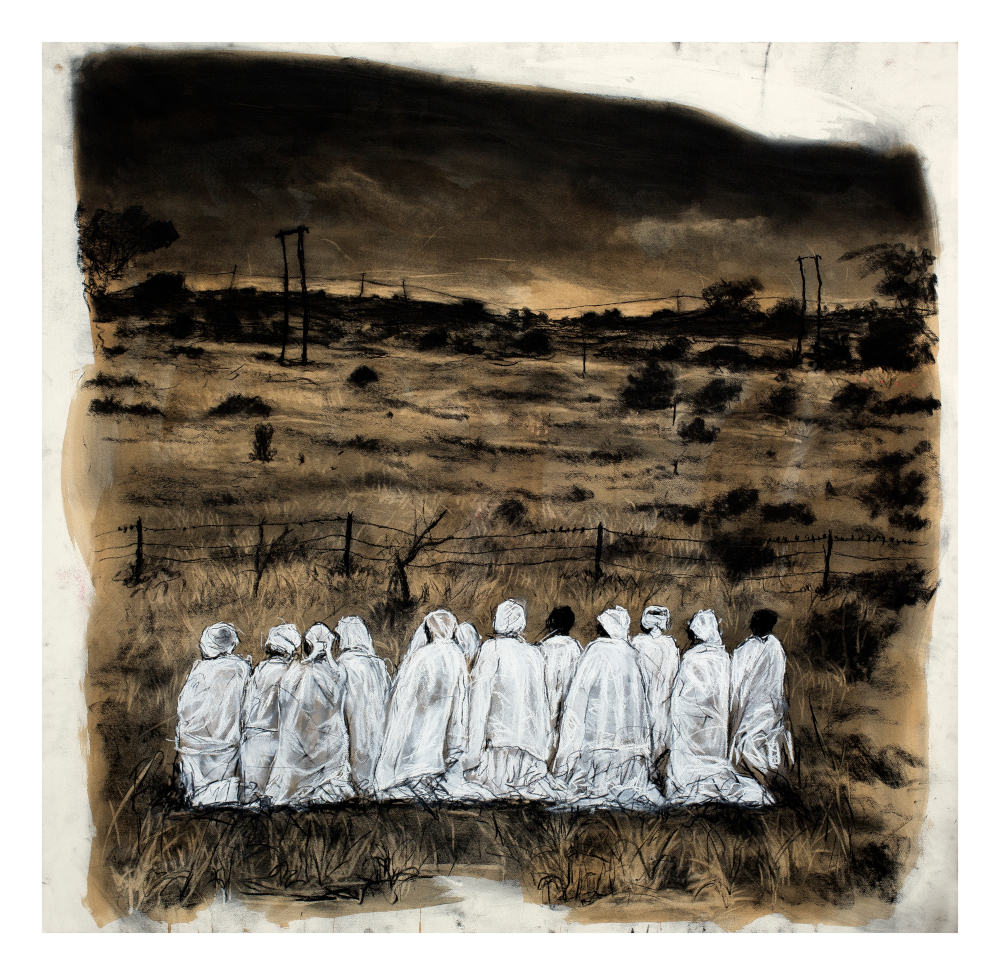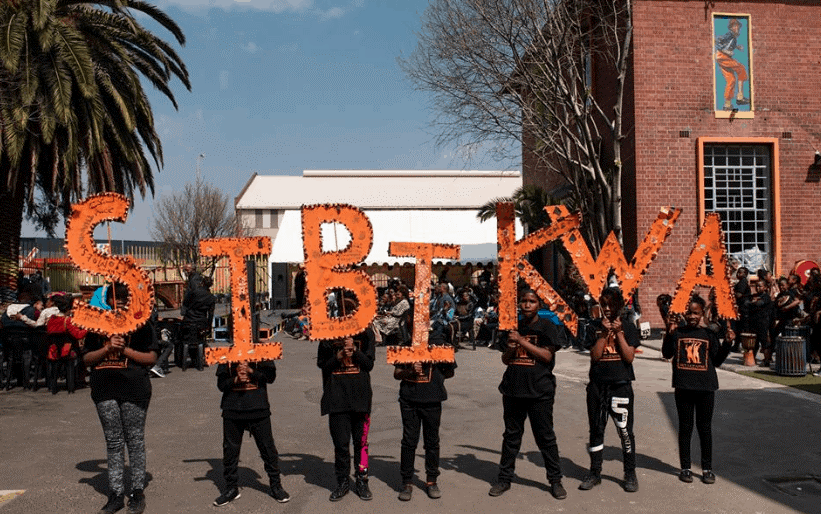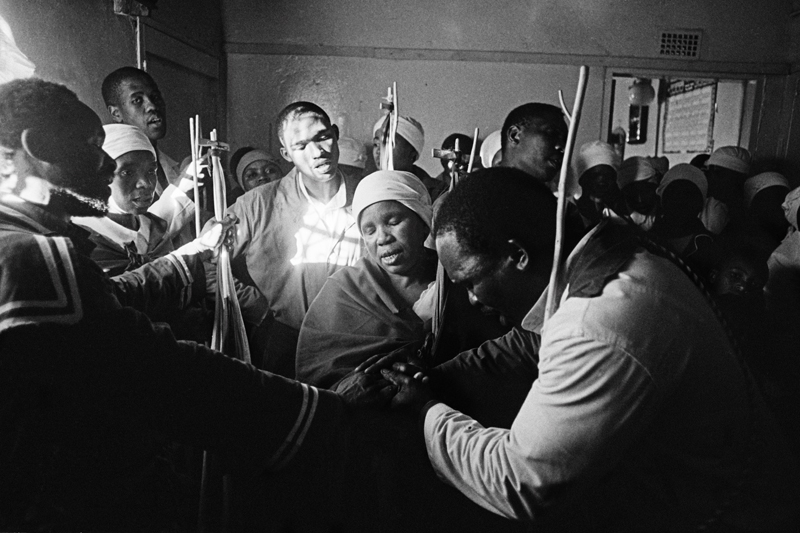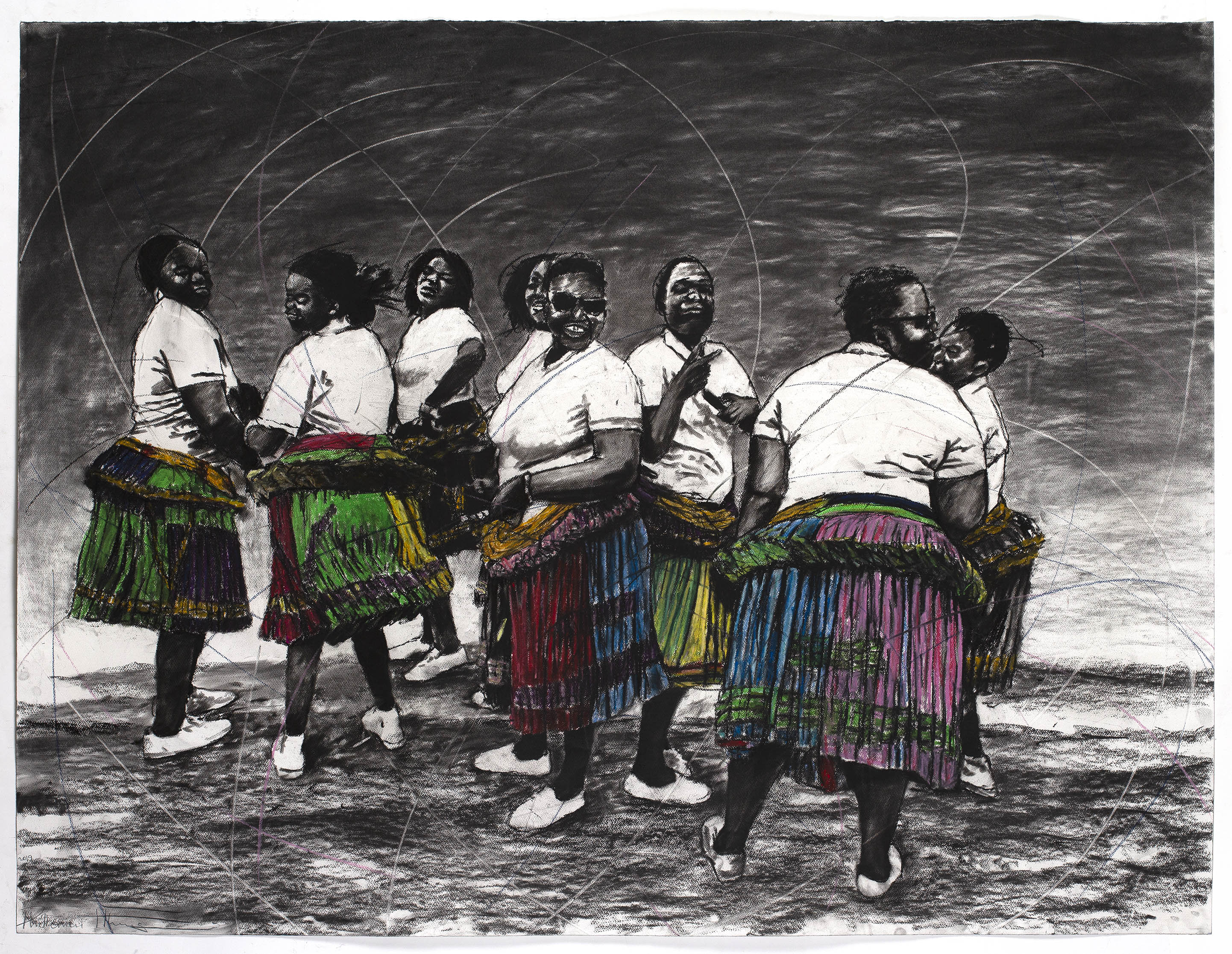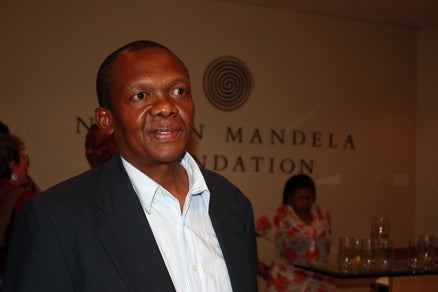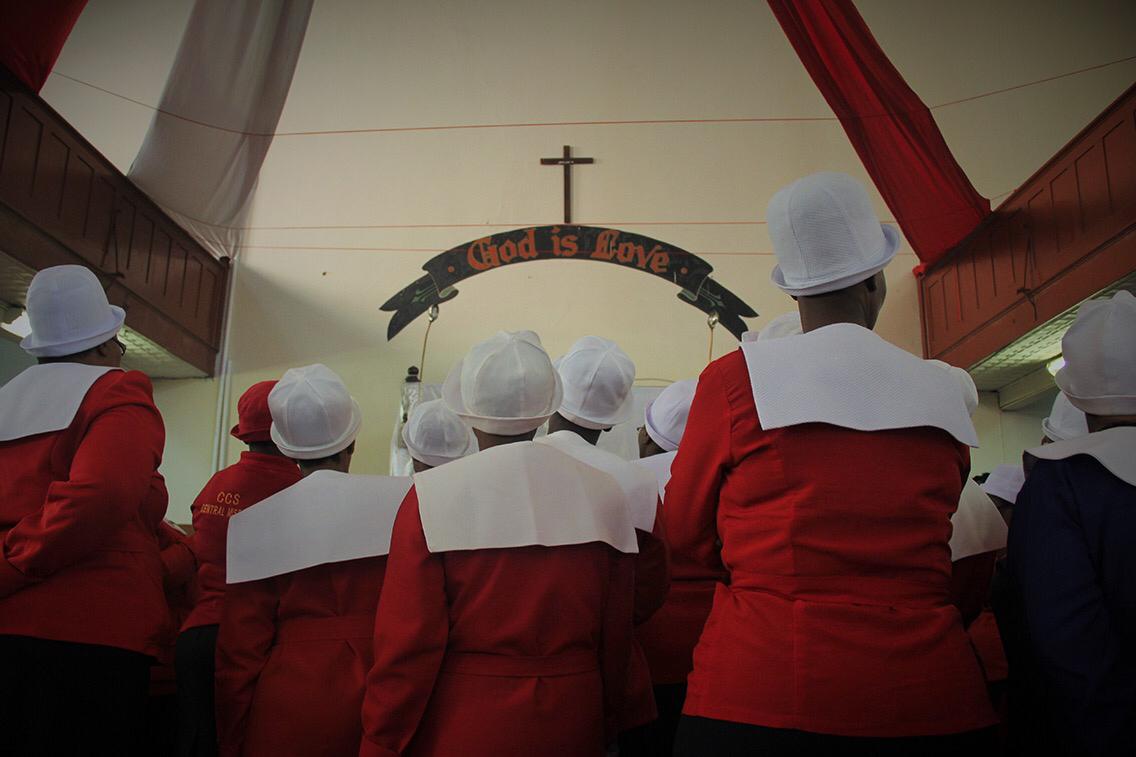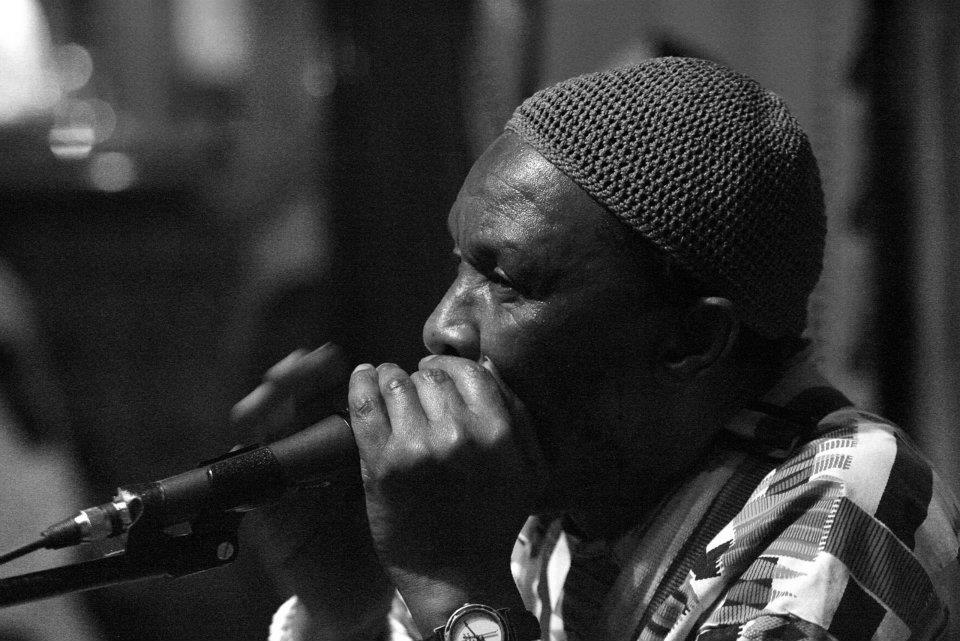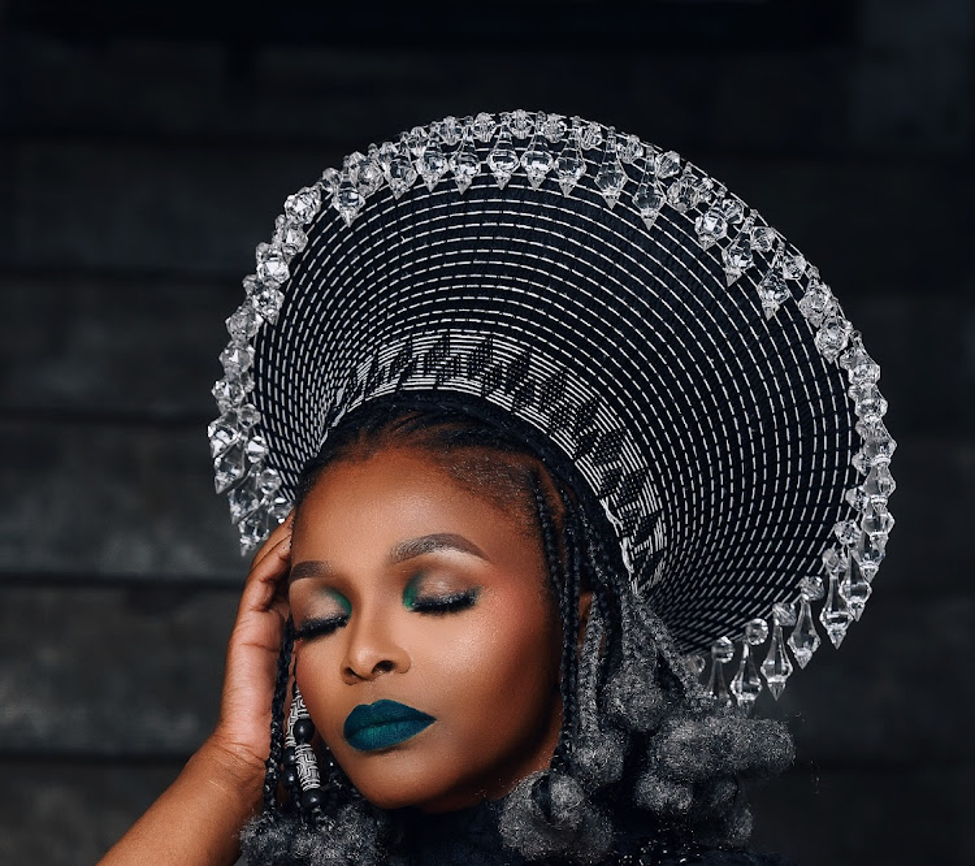Emhlabeni reflects the social, political and spiritual landscape in current South Africa, and the understanding of land as identity. Using current news headlines as an entry into some of the injustice the landscape observes ‘Residents kill red ant’ Daily Sun April 11, 2019.
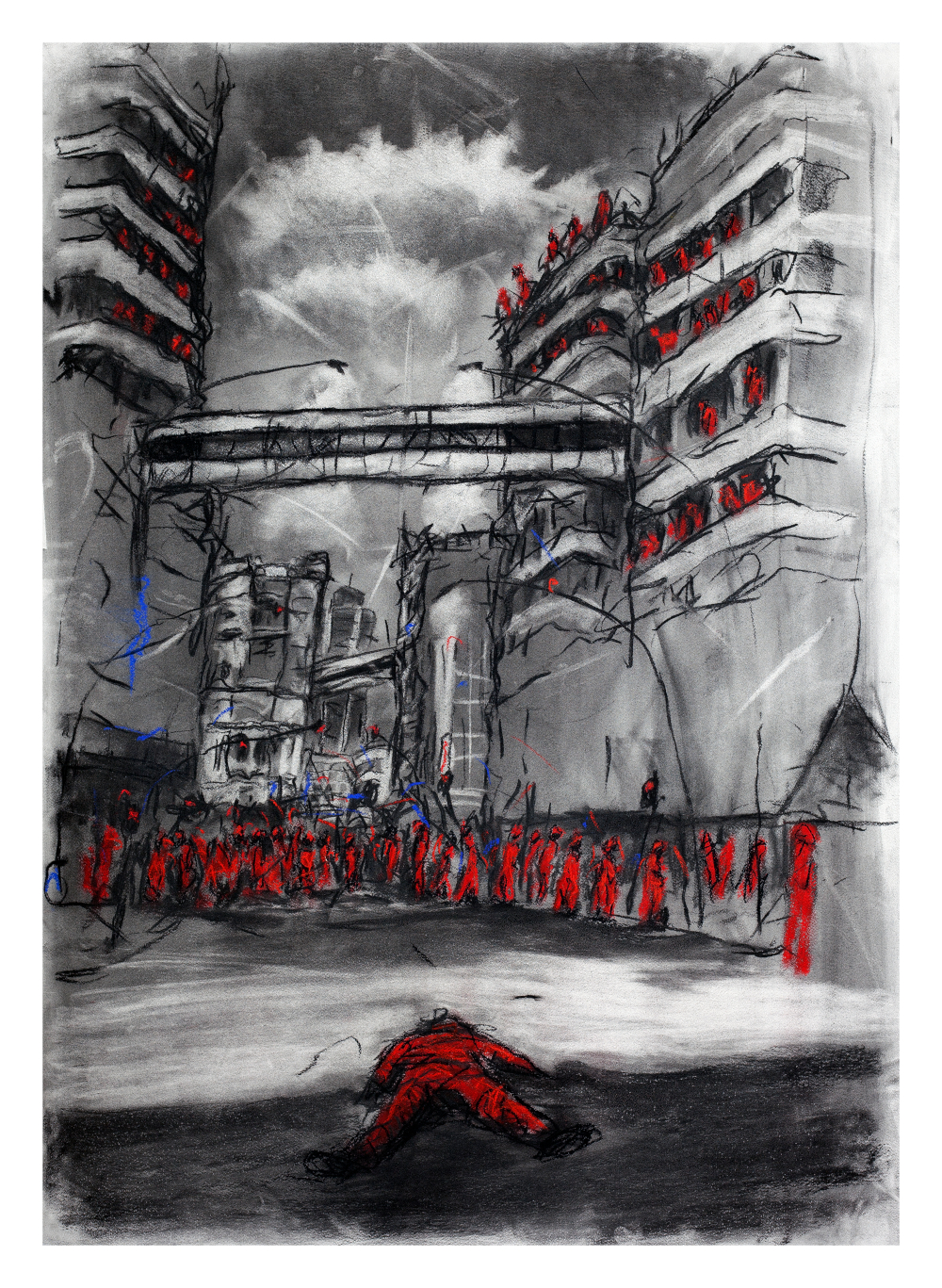
Emhlabeni which loosely translates to earth in English, carries far greater meaning in Isizulu, these meanings are made visible through the nuances expressed in the drawings, painting with coffee to mimic the earth and soil tones and use of vernacular titles. With the attempt to saturate the land, the artists look at umhlaba as a piece of land measured through the size of the drawings.
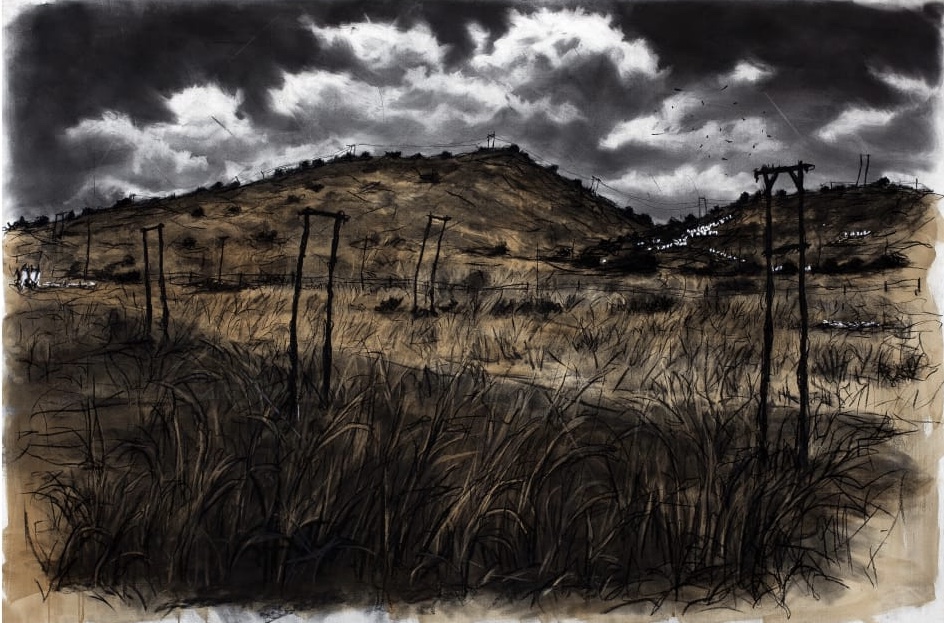
These renditions portray pieces of land as witnesses to the dispossession, illegal occupation as protest, loss of hope and yet through Baba Wethu Osezulwini (prayer) the artist depicts land as refuge, a space of faith and healing. Emhlabeni recognises local expression of faith, loss and hope often used in transit between spaces; kusemhlabeni la, kunzima emhlabeni but often one hears kumunandi emhlabeni.
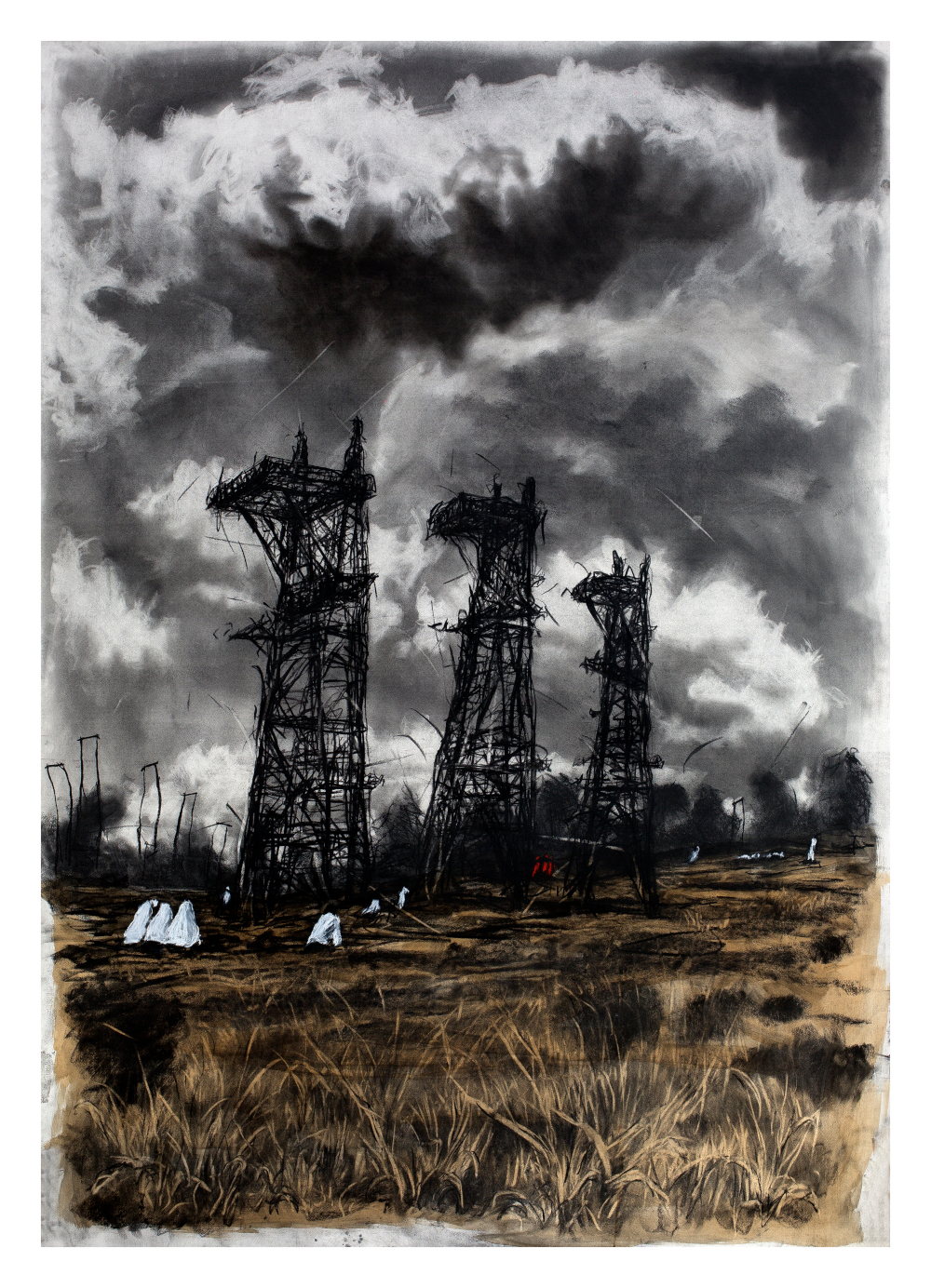
Emhlabeni runs at Gallery 2 (Gallary2), 142 Jan Smuts Avenue, Parkwood.

